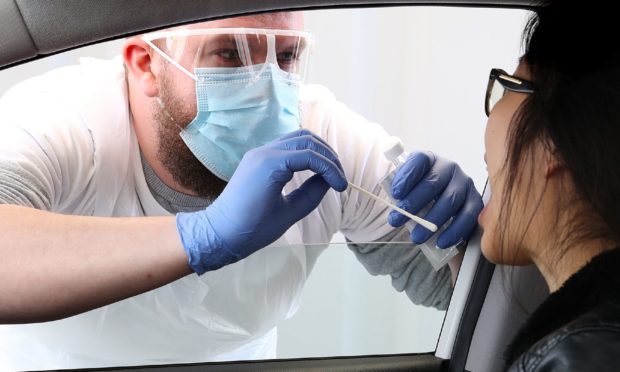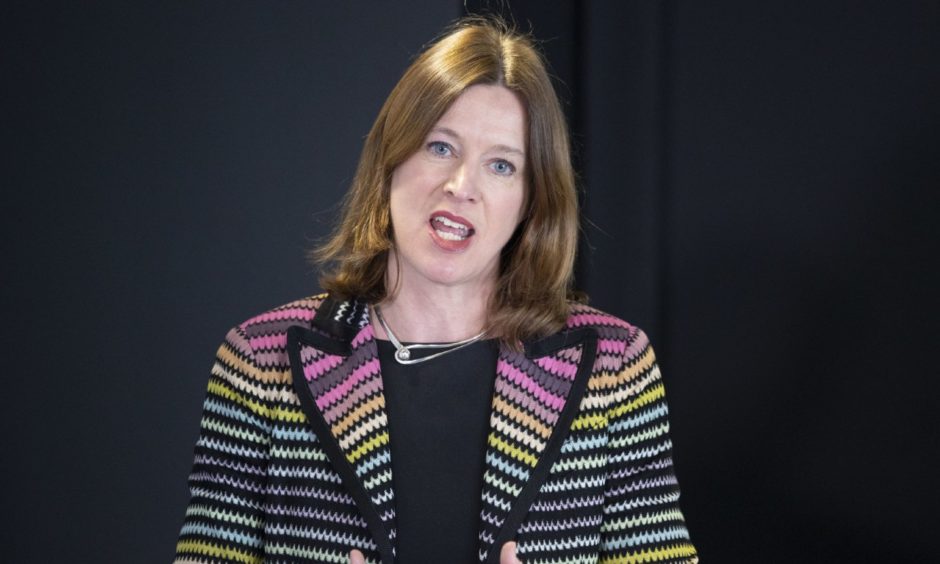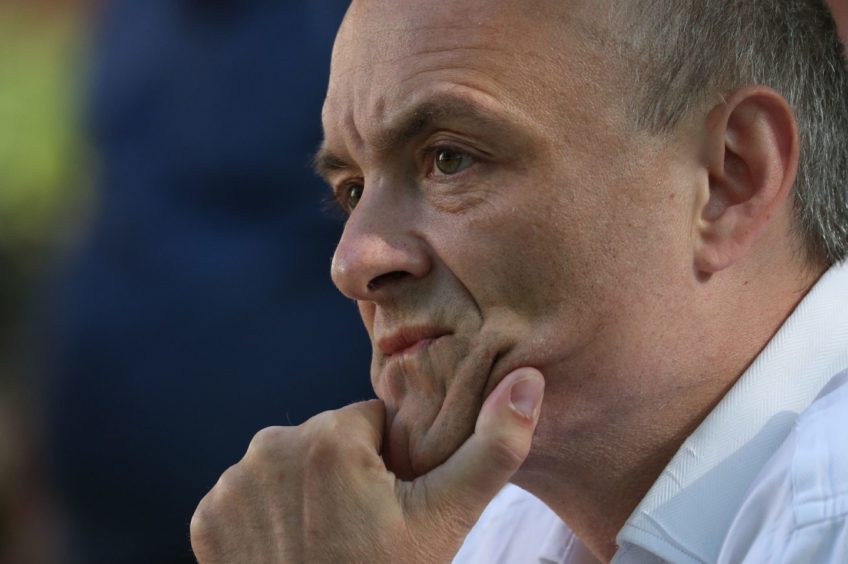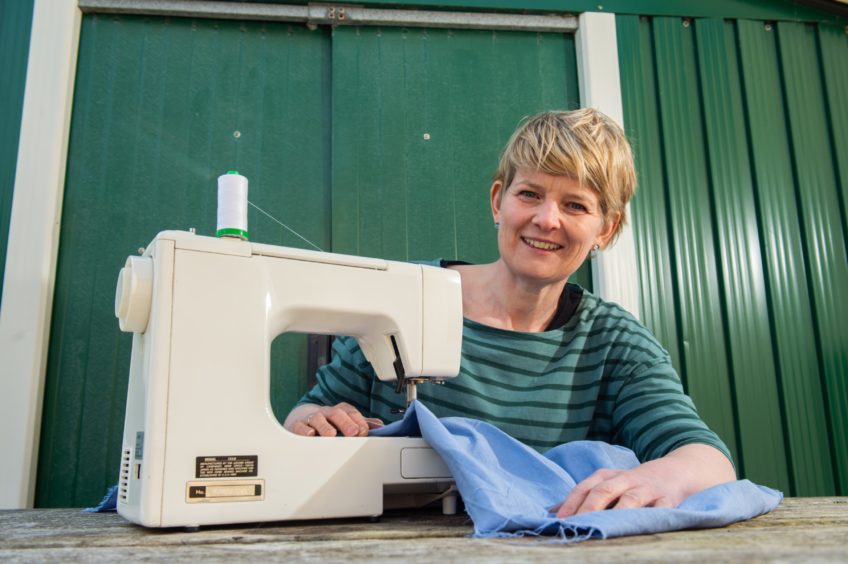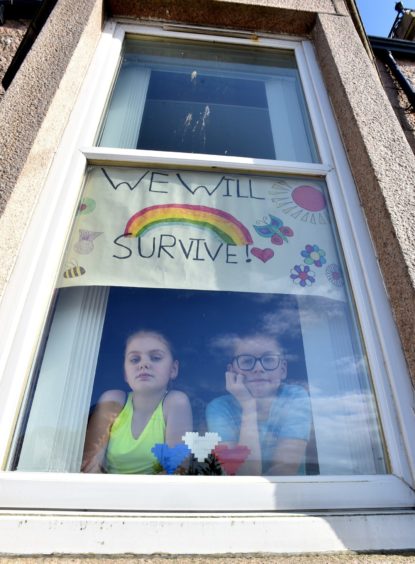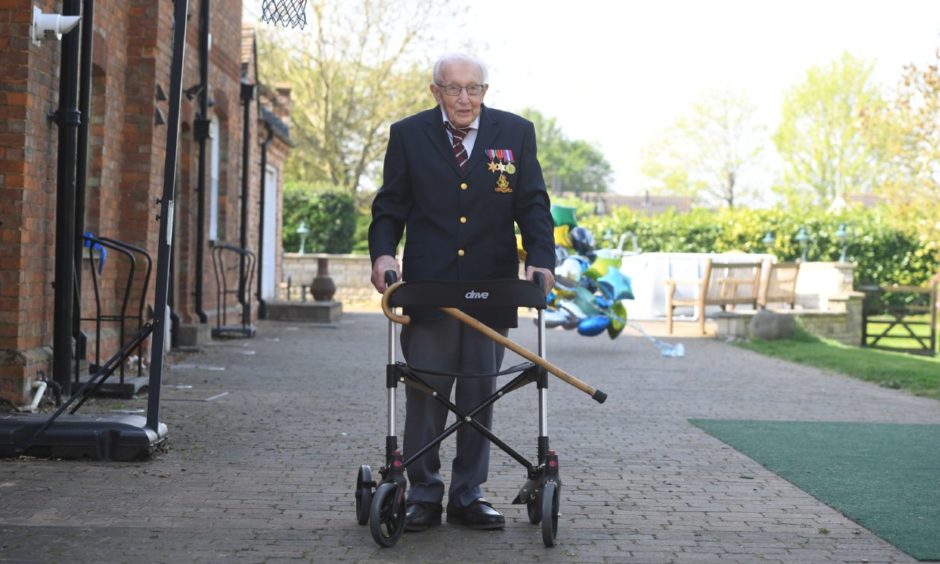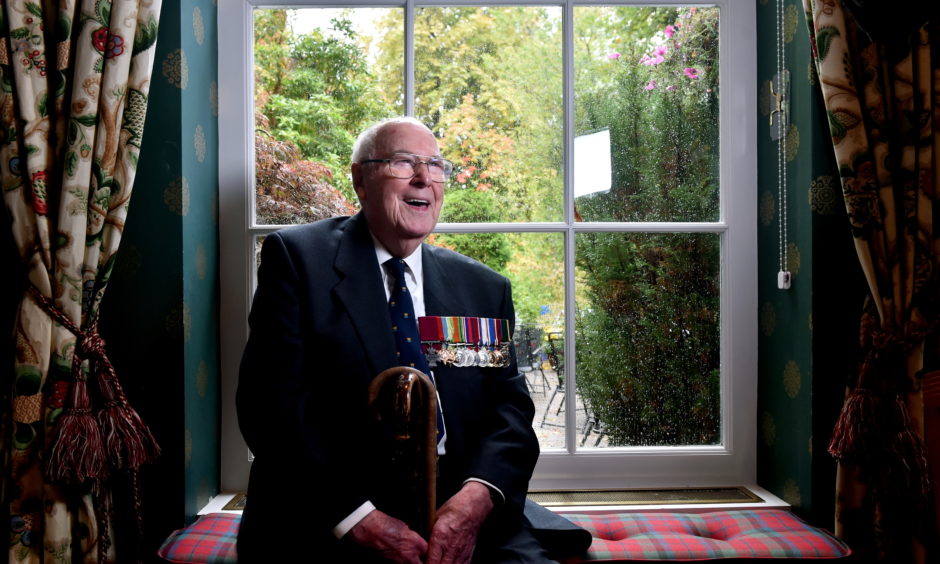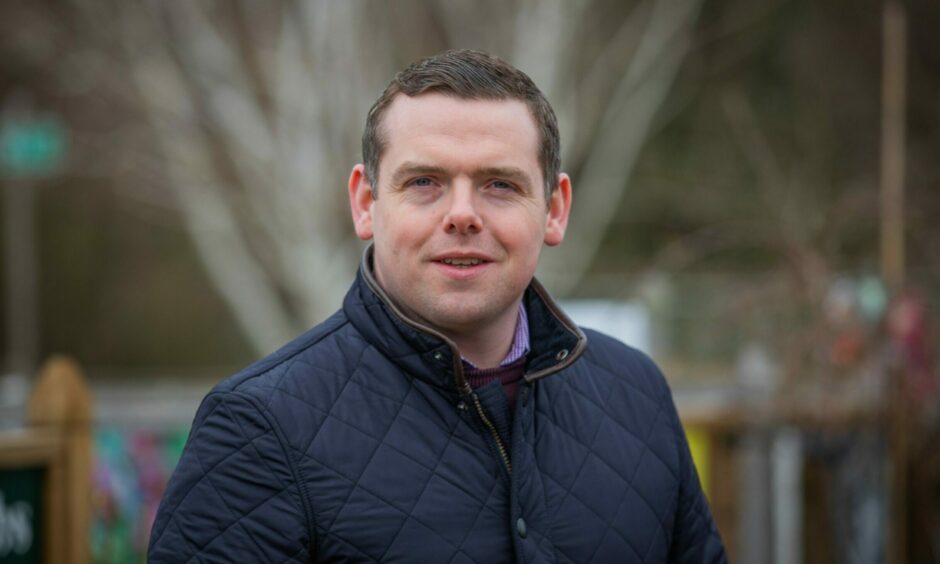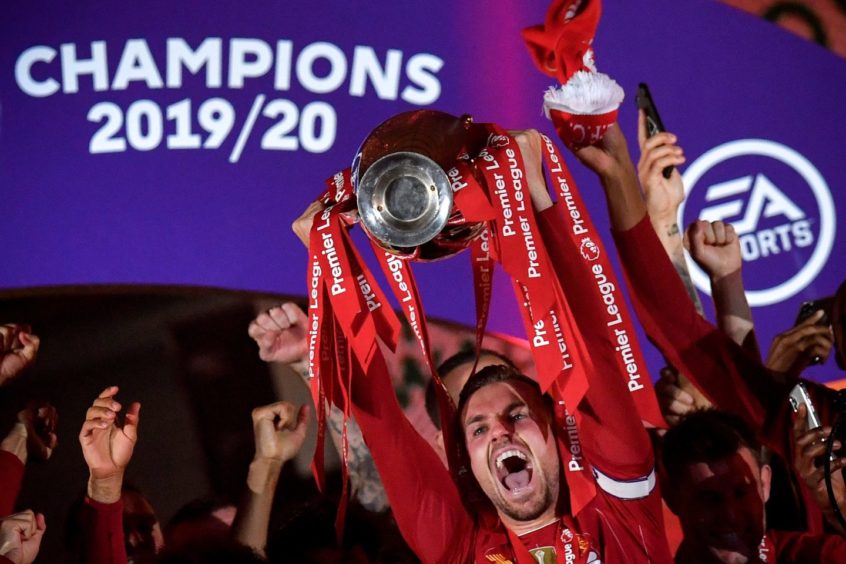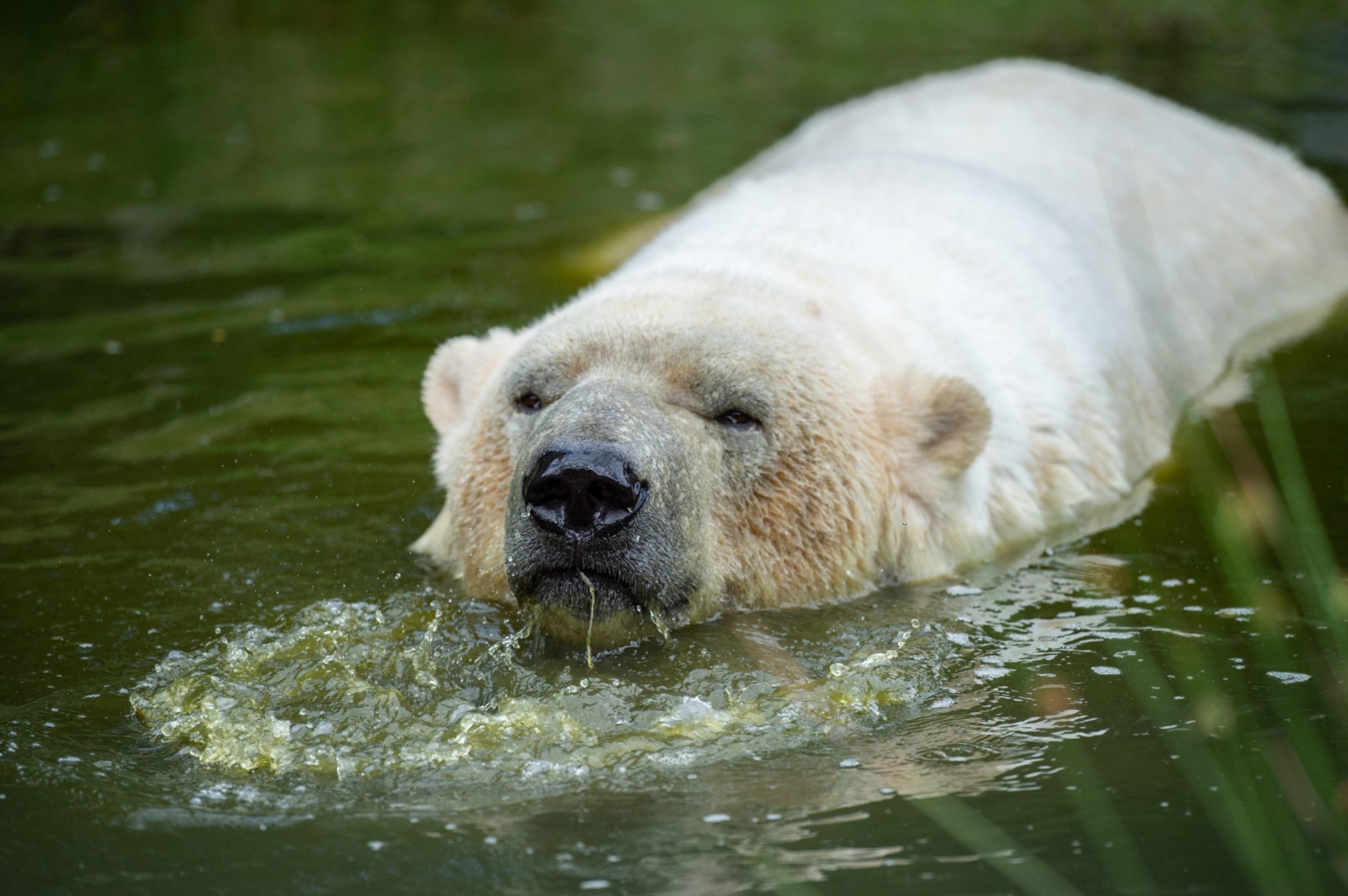Boris Johnson appeared on the nation’s televisions on Sunday, March 23, with a stark warning.
“The coronavirus is the biggest threat this country has faced for decades – and this country is not alone,” he said.
The Prime Minister’s address outlined the rules of a nationwide lockdown, limiting people to only leaving their homes for daily exercise, medical needs, essential work and shopping.
Just days later he tested positive for coronavirus and, soon after, was admitted to intensive care, laying bare the severity of the health crisis sweeping the world.
And while these gruelling restrictions had an immediate impact on the country’s productivity and overall morale, they also offered opportunities for communities to come together and make the best of a difficult situation.
Beginning on March 26, and repeating every Thursday evening at 8pm for several months after, people took to their doorsteps to clap and cheer and show their appreciation for the key workers putting their lives at risk to care for others.
Others banded together to provide help and support for struggling neighbours, dropping off much-needed groceries or simply having a quick chat over the garden fence.
As the weeks went by, and growing numbers of viewers tuned in to daily televised press briefings, other government ministers and health advisers became household names.
This included Catherine Calderwood, Scotland’s chief medical officer, who quit the post on April 5 after it emerged she had taken two trips to her second home in Fife, directly contradicting her own health advice.
Similar public anger was directed towards Dominic Cummings, Mr Johnson’s chief adviser, who was also accused of flouting lockdown rules for his own benefit.
After being diagnosed with Covid-19, he travelled 260 miles from London to County Durham to self-isolate with his family.
Before returning home, he drove a further 30 miles to Barnard Castle, later explaining this was to test his eyesight before making the full journey back.
In May he held a press conference in the garden of 10 Downing Street and avoided being sacked.
In the weeks which followed, the numbers of people testing positive for coronavirus began to decrease, allowing for some of the strict restrictions in place to be eased.
April
April 2: The total number of confirmed coronavirus cases passes one million.
April 3: Jackie Baillie is named deputy leader of the Scottish Labour party.
April 5: Scotland’s Chief Medical Officer Catherine Calderwood resigns after making two trips to her second home during lockdown.
April 5: Boris Johnson is admitted to hospital. He is taken into intensive care the following day.
April 6: Department store Debenhams enters administration.
April 8: A drive-thru testing centre is announced at Aberdeen Airport, while tourists are told to avoid travelling north, or risk spreading the virus further.
April 10: The global coronavirus death toll reaches 100,000.
April 12: Boris Johnson is discharged from hospital.
April 16: 99-year-old veteran Tom Moore completes the 100th lap of a fundraising walk around his garden – raising more than £25 million for NHS Charities Together.
April 19: 23 people are left dead following multiple shootings in Nova Scotia, Canada.
April 20: UK scientists prepare to start human trials on a coronavirus vaccine.
April 20: The NHS Louisa Jordan temporary coronavirus hospital in Glasgow opens.
April 28: Scots are told to wear face coverings in certain public places to limit spread of the disease.
April 28: A minute’s silence is held in recognition of key workers who have died with coronavirus.
April 29: Boris Johnson announces his fiancée Carrie Symonds has given birth to Wilfred Lawrie Nicholas Johnson.
May
May 5: UK Government adviser Prof Neil Ferguson resigns after breaching social distancing rules to meet his “married lover”.
May 7: Telecoms giants O2 and Virgin Media announce a merger.
May 12: The UK furlough scheme is extended to October.
May 15: Researchers say a 2.5cm fossil found in the Inner Hebrides is the world’s oldest-known land mammal, having lived 425 million years ago.
May 18: A loss of taste or smell is added to the list of Covid-19 symptoms.
May 18: The Scottish Premiership football season is cut short, with Celtic declared champions and a decision to relegate Hearts sparking legal action from the club.
May 19: It is announced that Captain Tom Moore will be knighted for his fundraising efforts.
May 20: Aberdeen pilot John Alexander Cruickshank, who was awarded the Victoria Cross for his gallantry during the Second World War, celebrates his 100th birthday.
May 22: A Pakistan International Airlines passenger plane crashes near Karachi, killing 97 people.
May 23: Dominic Cummings faces calls to resign over allegations he travelled 260 miles while displaying coronavirus symptoms. He holds a press conference two days later.
May 26: Moray MSP Douglas Ross resigns as Under-Secretary of State for Scotland over Cummings’ actions.
May 29: Lockdown restrictions are eased in Scotland, allowing people from two different households to meet outside.
May 30: SpaceX Dragon 2, the first manned spacecraft to take off from the US since 2011, is launched in Florida.
June
June 1: Drink-driver Martin Henderson admits killing dad-of-three Allan Forbes in a crash in Aberdeen. He is later jailed for more than seven years.
June 3: Boris Johnson offers a “pathway to UK citizenship” for Hong Kong citizens amid protests regarding new security laws.
June 4: German prosecutors arrest a man, known only as Christian B, on suspicion of murdering missing child Madeleine McCann.
June 6: Activists across the world gather to protest the death of George Floyd and the wider Black Lives Matter movement.
June 7: A towering plume of smoke can be seen for miles as fire crews tackle a major blaze at Oban Livestock Centre.
June 8: BP announces plans to axe 10,000 jobs.
June 13: Protestors clash with police in London while statues with links to slavery are torn down.
June 19: Scotland moves to the second phase of lockdown restrictions, with non-contact activities reintroduced and limits on household meetings eased.
June 21: A solar eclipse occurs.
June 21: The Peebles Hoard, of items from the Bronze Age, are found by a metal detectorist.
June 25: Liverpool are confirmed Premier League champions for the first time in 30 years.
June 26: Six people, including a police officer, are left injured after a mass stabbing attack at the Park Inn Hotel, Glasgow.
June 27: Micheal Martin succeeds Leo Varadkar as Taoiseach of Ireland.
June 28: The global death toll from Covid-19 reaches 500,000.
June 29: Highland Wildlife Park reopens for visitors.
